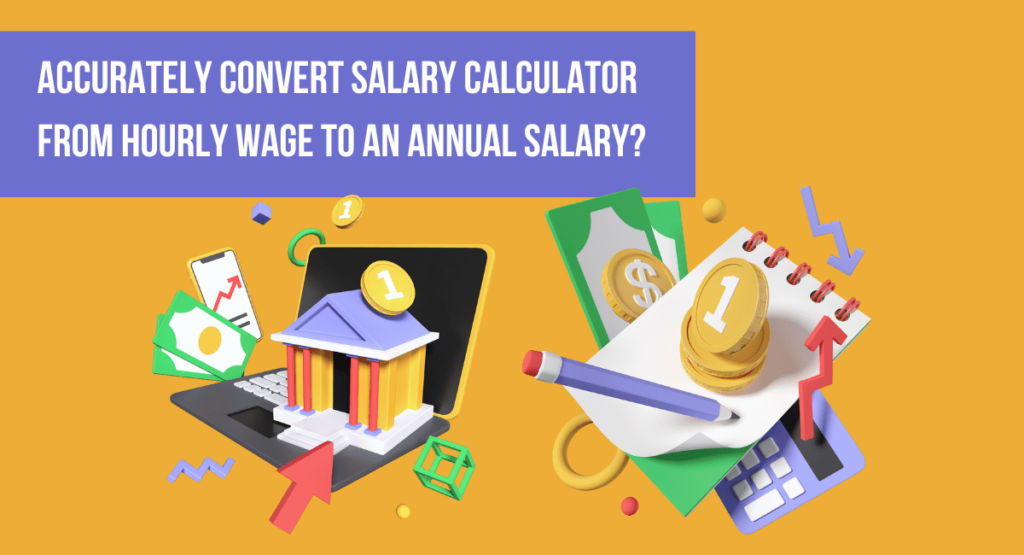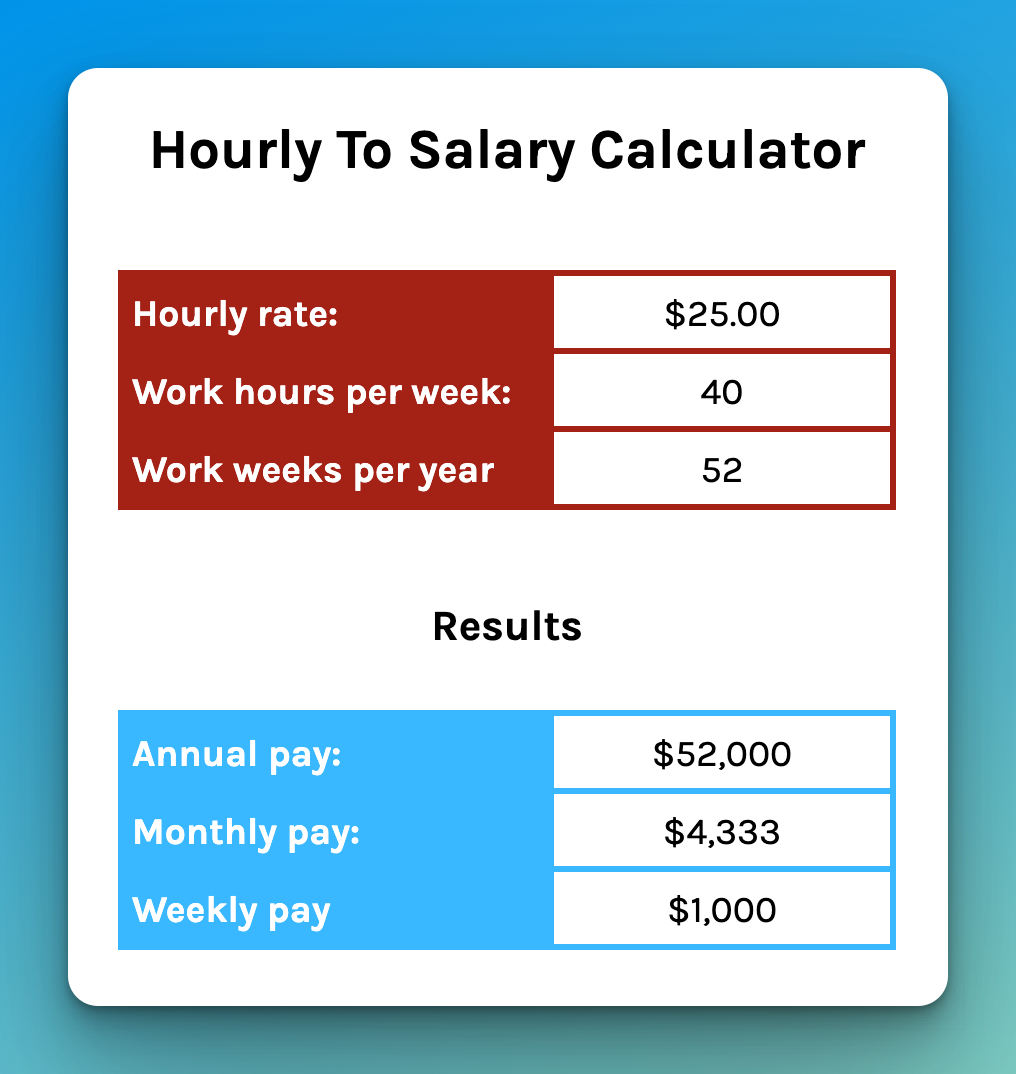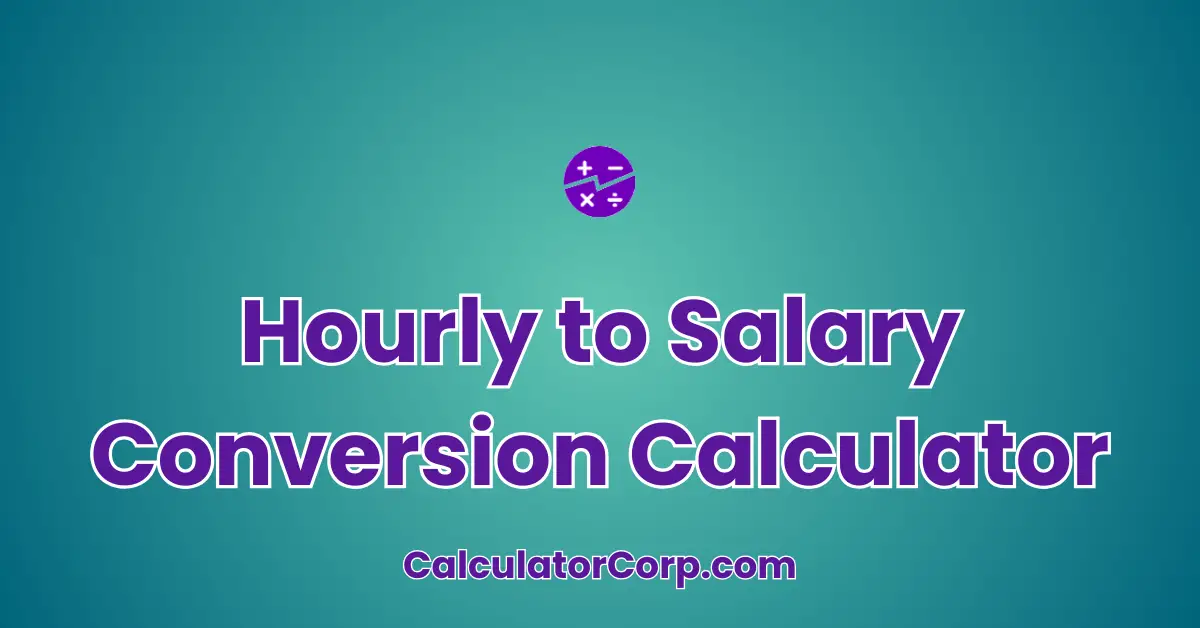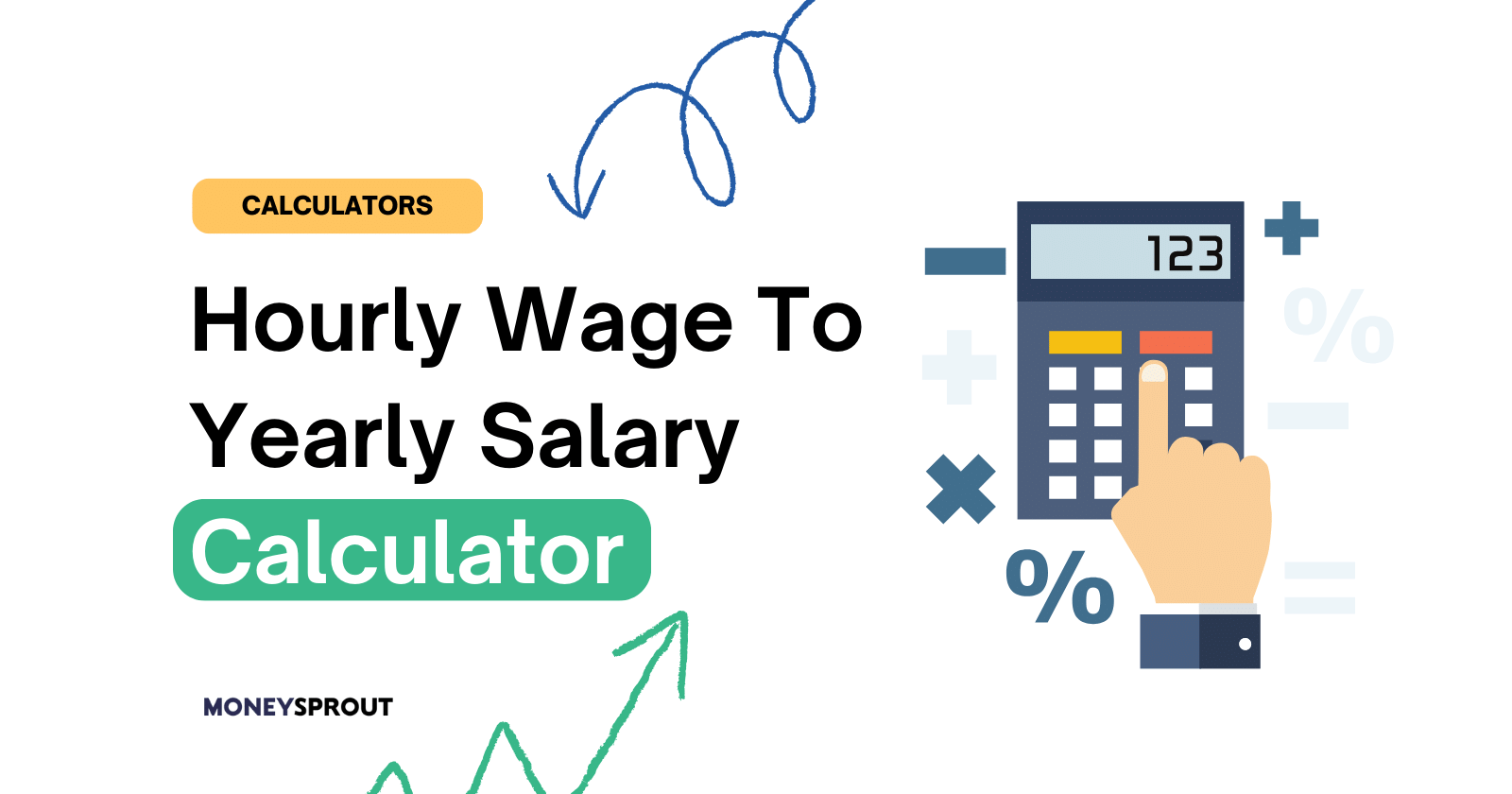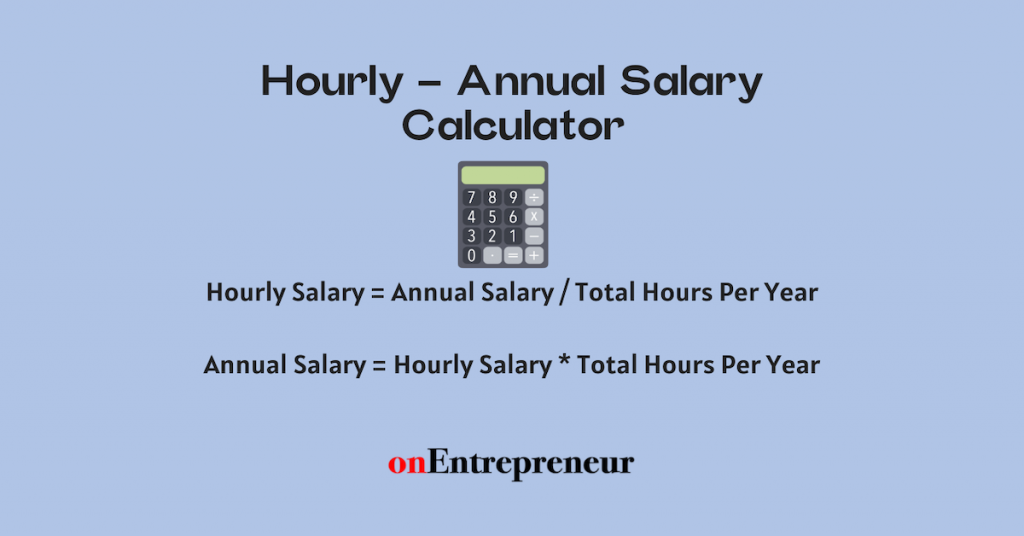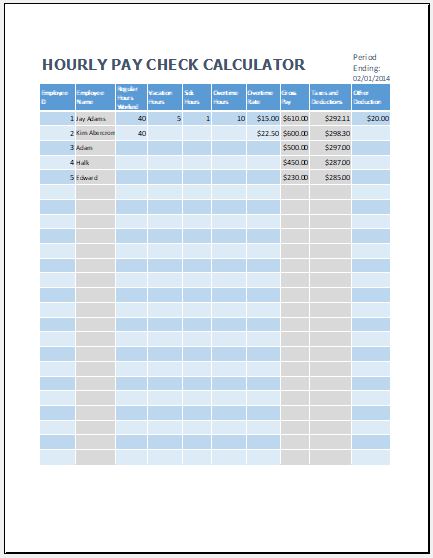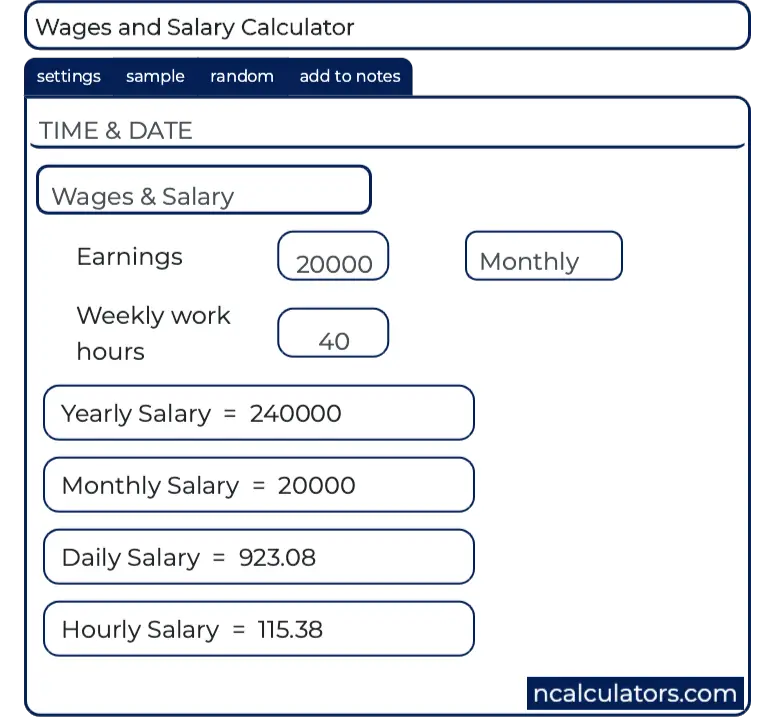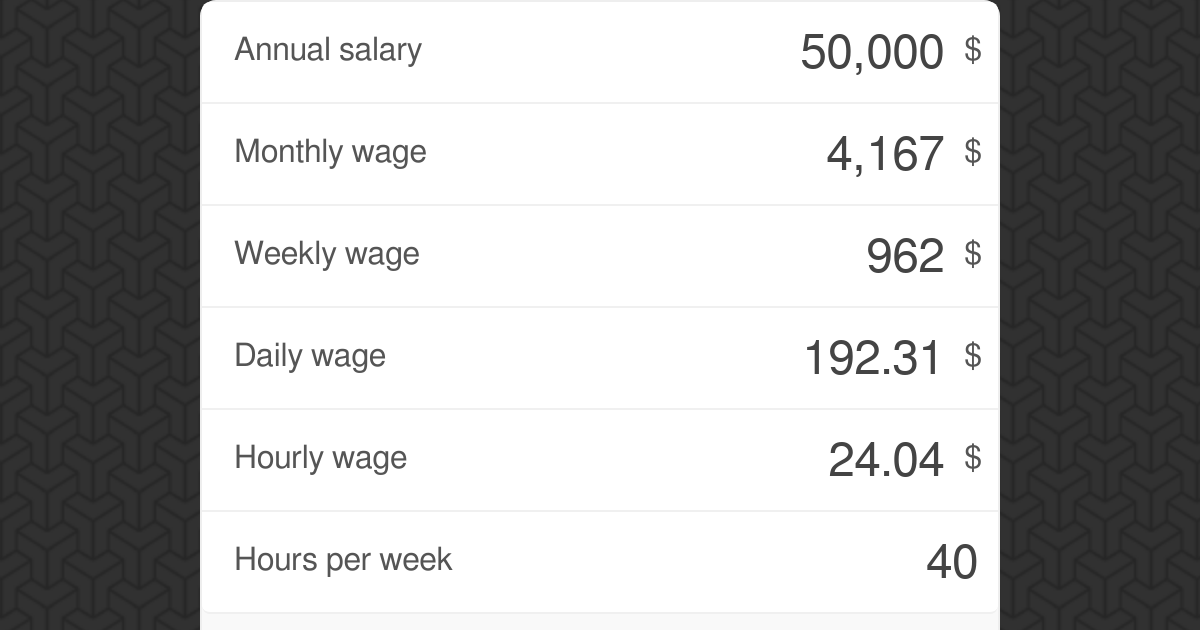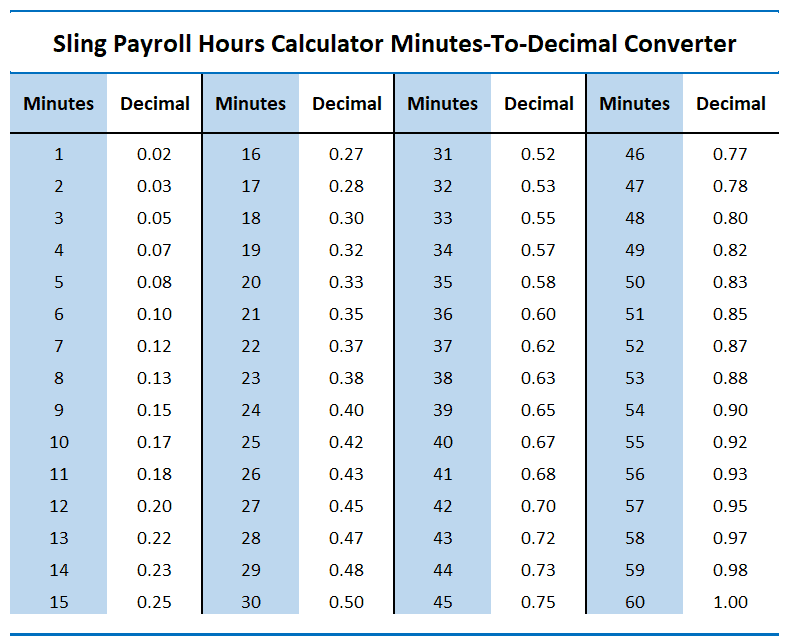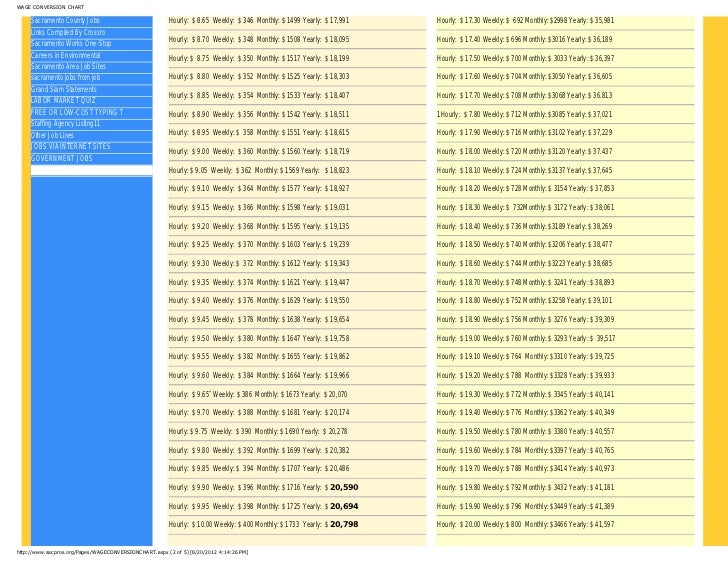Annual Salary Calculator: Convert Hourly Wages To Yearly Income
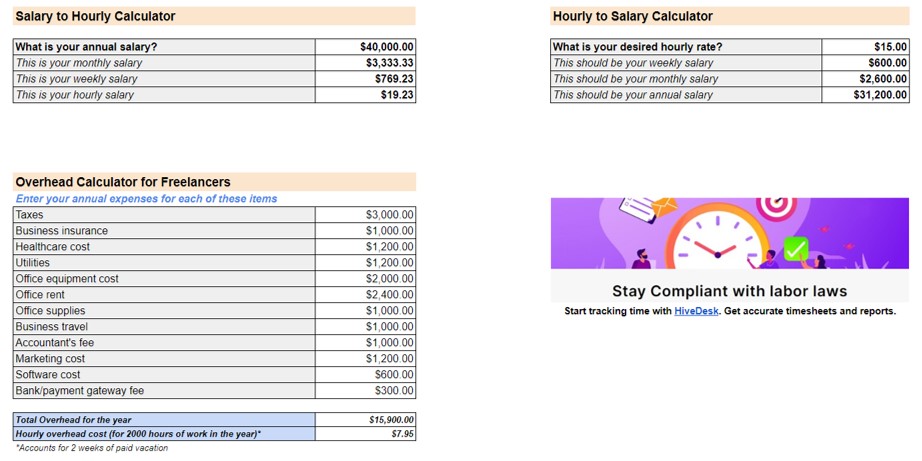
The rise of the gig economy and remote work has dramatically reshaped how we perceive and manage compensation. A crucial element in navigating this evolving landscape is the accurate translation between hourly wages and annual salaries.
The "Hourly to Annual" Disconnect: A Growing Challenge
Many workers, especially in flexible roles, are paid hourly. Calculating an equivalent annual salary can be surprisingly complex, leading to misconceptions about financial stability and earnings potential.
Traditional calculations often overlook the variability in hours worked, paid time off, and the increasing prevalence of part-time employment.
Why the Standard Calculation Falls Short
The standard approach involves multiplying the hourly wage by 2080 (40 hours/week * 52 weeks/year). This assumes full-time employment with no unpaid leave, a rarity in today's job market.
This simplistic method fails to capture the nuances of project-based income, seasonal fluctuations, and unpaid sick days, painting an inaccurate picture of true annual earnings.
The Rise of Sophisticated Annual Salary Calculators
Responding to these limitations, advanced online tools are emerging. These calculators go beyond the basic formula, incorporating variables like paid time off, health insurance contributions, and potential bonus structures.
They help both employers and employees to have a more realistic view of total compensation.
Key Features of Advanced Calculators
Modern calculators allow users to input anticipated vacation days, sick leave, and unpaid holidays. They also factor in employer-sponsored benefits like health insurance premiums and retirement contributions.
Some even include fields for estimating self-employment taxes, a vital consideration for independent contractors.
Furthermore, integration with real-time cost-of-living data allows for location-specific salary adjustments.
The Strategic Advantage: Using Calculators for Talent Acquisition
In today's competitive job market, transparency about compensation is a key differentiator. Providing potential hires with access to sophisticated salary calculators fosters trust and demonstrates a commitment to fairness.
It enables candidates to accurately assess the value of an offer, considering factors beyond the stated hourly wage.
Beyond the Numbers: Communicating Value
Calculators are valuable tools, but they shouldn't replace clear and open communication. Employers should use them to illustrate the complete compensation package, including benefits and growth opportunities.
Highlighting the non-monetary benefits, such as flexible work arrangements or professional development opportunities, can significantly enhance the perceived value of the role.
The Opportunity: Data-Driven Compensation Strategies
The aggregated data from annual salary calculators presents a valuable opportunity for businesses. Analyzing these insights can inform compensation strategies, identify industry benchmarks, and optimize talent retention efforts.
For example, companies can use the data to understand how employee perception of compensation changes based on location, experience level, and job function.
Addressing the Transparency Imperative
Pressure for greater pay transparency is growing. Legislation requiring salary ranges in job postings is becoming more common, underscoring the need for accurate and readily available compensation information.
Leveraging advanced annual salary calculators helps companies meet these requirements and demonstrate a commitment to equitable pay practices.
Future Trends: AI-Powered Compensation Analysis
Looking ahead, the integration of AI will further revolutionize how we understand and manage compensation. AI-powered tools will analyze vast datasets to predict optimal salary ranges, personalize compensation packages, and identify potential pay gaps.
These tools will consider not only the numerical value of compensation but also the perceived value from the employee's perspective, factoring in individual preferences and career goals.
Personalized Benefits and Total Rewards
The future of compensation is personalized. AI will enable companies to tailor benefits packages to meet the individual needs of their employees, optimizing both employee satisfaction and business outcomes.
This might involve offering a menu of benefits from which employees can choose, or dynamically adjusting compensation based on performance and contribution.
Conclusion
The simple act of converting an hourly wage to an annual salary has become far more complex. By embracing sophisticated annual salary calculators and data-driven compensation strategies, businesses can attract top talent, foster transparency, and build a more engaged and motivated workforce.
Ignoring these trends risks falling behind in the competition for talent and potentially facing legal or reputational challenges. The future of compensation is about accuracy, transparency, and personalization, all driven by better data and smarter tools.
